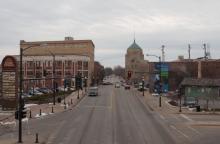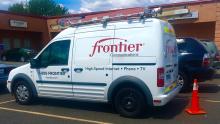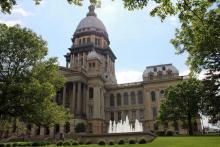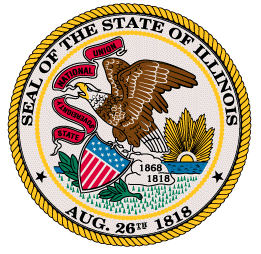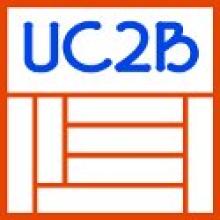Champaign, Illinois Brings Fixed Wireless to Students in Mobile Home Park
When school shut down past spring, Unit 4 schools in Champaign, Illinois scrambled to get students connected like everyone else. The district handed out Chromebooks and teachers went to work transitioning to online instruction so the school year could continue. But the district noticed that a large percentage of its students weren't logging on and the bulk of them came from Shadowwood mobile home park, where although fiber ran up and down every street in the neighborhood only one family subscribed to wireline Internet access. So Mark Toalson, the city’s IT Director, began making calls, and by the end of the summer a coalition came together to build Shadowwood’s students a free fixed wireless network which went online in August.
Fiber Just a Few Feet Away
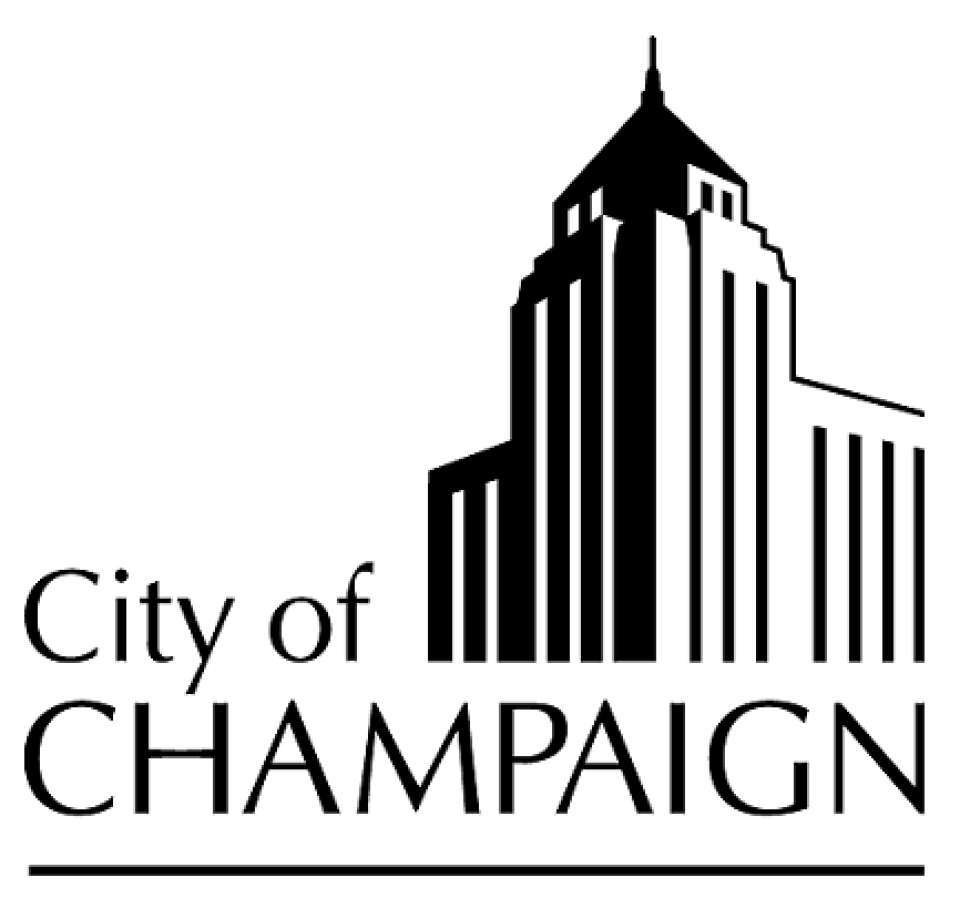
The mobile home park sits on the north side of the town of 90,000, and is largely populated by Hispanic residents. Roughly 250 students who attend the Unit 4 school district live there, and according to Toalson not a single one had Internet access beyond personal mobile phones before they began last spring. In late May Mayor Deborah Feinen asked the city manager what could be done, and Toalson was asked to take on the project.


